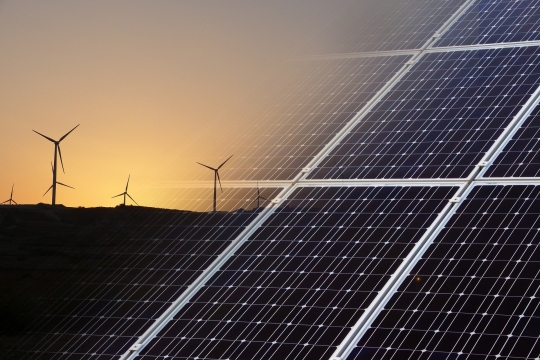As an industry intensively using fossil fuel, the power sector is naturally a focus of efforts to slow climate change. In March 2015, China started the third round of power sector reform with the announcement of “Opinions on Further Deepening Power Sector Reform” (referred as the No. 9 Document), trying to promote competition, strengthen regulation and, importantly, achieve green development. But did the reform really achieve its expected goals? In this study, we investigated the effects of the reform on carbon emissions, applying the economic theories of supply and demand and elasticity (responsiveness to price changes). We find that:
- Most electricity in China is still produced by coal, but some coal-fired units are more efficient (less polluting per unit of electricity produced) than others. The competition between high- and low-efficiency coal-fired units has been reshaped by the reform. This competition has the potential to reduce 152 million tons of carbon emissions if the carbon tax were stricter (around 100 yuan per ton). Otherwise, the high-efficiency units, which bear a higher fixed cost (for financing construction, etc.) would not be able to outperform the low-efficiency ones.
- The development of renewable energy is incentivized by the reform. The development of renewable energy reduced carbon emissions by 67 million tons. However, back-up power is needed for intermittent sources such as solar and wind. Much of this back-up power will come from coal-fired plants, which will lose revenue as renewable energy becomes cheaper.
- Because the reform reduced electricity costs, production has increased in energy-intensive industries such as metal and minerals processing. The unintended result is that those industries increased their carbon emissions by 12 million tons.
The realization of any reform goal is the result of multi-party coordination. To increase the competitiveness of high-efficiency coal-fired units, environmental regulation such as a carbon tax should be considered. Raising the price of coal (so that the price reflects the full cost to the environment) or an environmental tax could have the same effect. To address the unintended consequence of increased industrial production due to the lower electricity price, a differential electricity price could be set for these polluting industries.
Contact: Lunyu Xie: lunyuixe@ruc.edu.cn.

